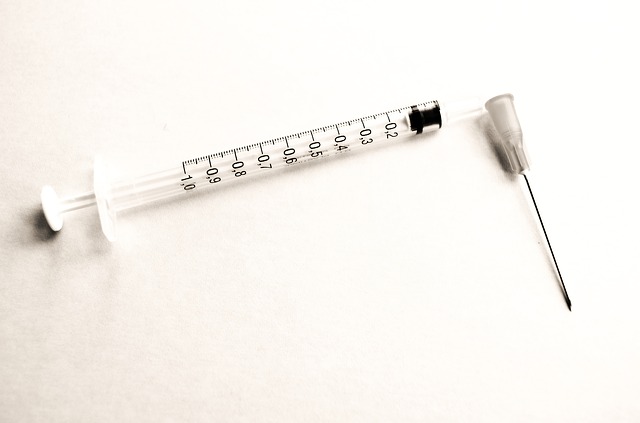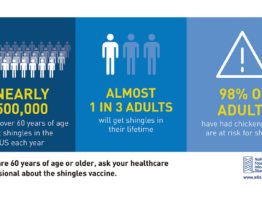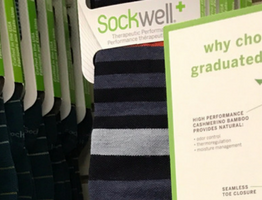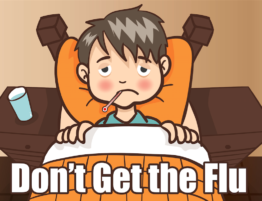
What is Shingles and should I get the Shingles shot?
It seems like shingles outbreaks have started occurring more and more frequently in our patients here at Valu-Med Pharmacy over the last several years. Many of our patients have had to be treated for this disease and we have had more questions than ever on what it is and the risks and benefits of being vaccinated. I thought it would be a good time to answer some of the more common questions here in our blog. As always, you can also call Valu-Med at 405-741-1200 and speak with one of our vaccine experts for additional information.
What is shingles?
Shingles is a painful skin rash caused by the Herpes Zoster virus that is often accompanied by small blisters similar to chicken pox blisters. The pain ranges from mild discomfort, to extreme pain and can be accompanied by other symptoms such as fever, headache, chills, upset stomach, and in EXTREMELY rare cases, blindness, hearing problems or even death. The rash usually occurs on one side of the body or face and can last 2-4 weeks, although the pain can last long after the rash disappears in ~20% of patients.
How effective is the vaccine?
A vaccine called Zostavax™ was released in 2006 and may reduce the risk of shingles by as much as 50%…especially in patients over 60 years old. Patients who do get the shingles that have been vaccinated have also reported less severe pain and more mild outbreaks after receiving the vaccine.
Who should get the vaccine?
The vaccine is FDA approved for anyone over 50 years old but the official recommendation from the Advisory Committee on Immunization Practices (ACIP) is that all patients over 60 years old receive the vaccine. Patients 50-59 can discuss with their physician and pharmacist whether the shot would be a good idea for them.
Who should not get the vaccine?
Some patients may not be able to receive the vaccine. This includes:
-History of a life threatening reaction to gelatin, neomycin, or any other component of the vaccine
-A patient with a weakened immune system from things like AIDs or other immunocompromising disease
-Treatment with drugs like steroids that may decrease the immune system
-Patients receiving chemotherapy or other cancer treatment
-Pregnant
-Have had the pneumonia vaccine in the last 30 days….There needs to be 30 days separation between the shots to ensure that both vaccines are the most effective.
What are the risks or side effects?
Most risk or side effects are very mild. They include redness, soreness, swelling, or itching at the injection site. A mild headache is also possible but not as common. Severe reactions like allergy are extremely rare.
What is the cost of the vaccine and will my insurance cover the vaccine?
Many insurance companies now cover all or a portion of the cost of the vaccine. We are able to find out your portion of the cost very easily during the screening process. If the vaccine is not covered or you do not have insurance, the cost of the vaccine is $250.








